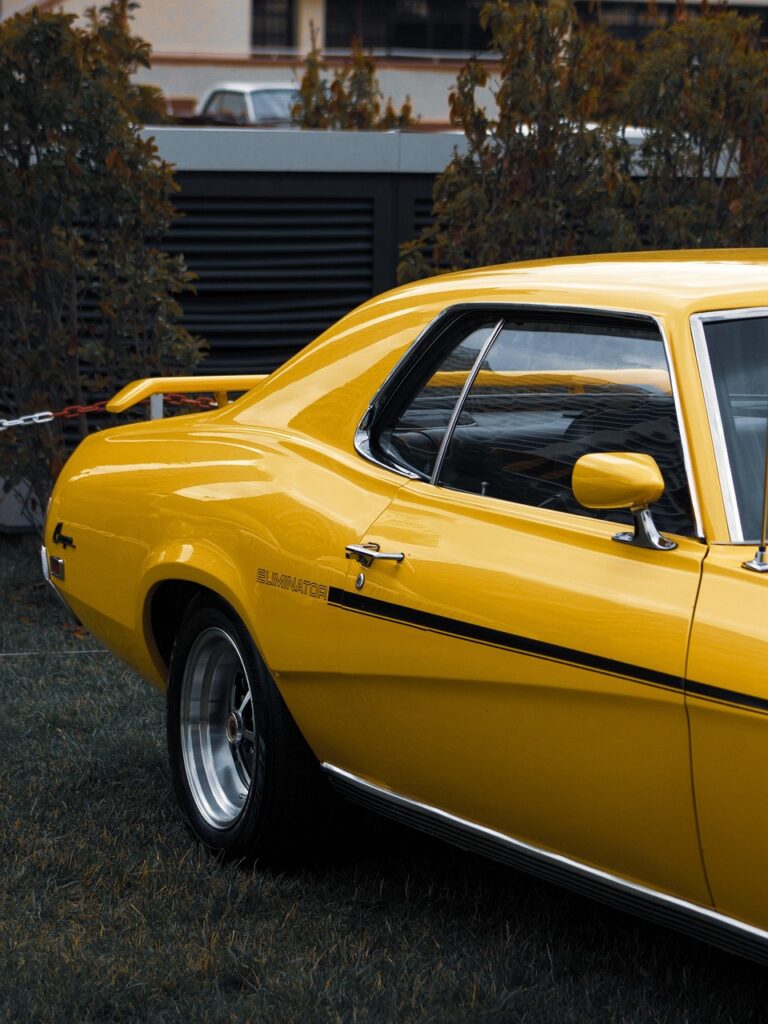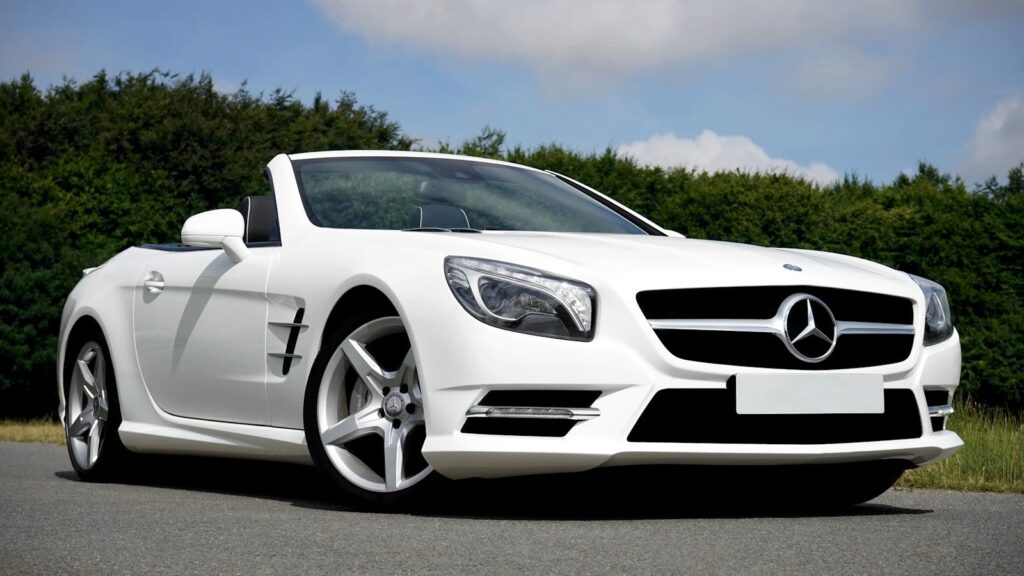The allure of a luxury vehicle remains undiminished for the world’s affluent, yet their expectations and criteria for these high-end machines are continuously evolving. Far from being a mere status symbol, the modern luxury car is now a complex intersection of cutting-edge technology, bespoke craftsmanship, and a reflection of evolving personal and societal values. Understanding what truly drives the purchasing decisions of high-net-worth individuals (HNWIs) is paramount for manufacturers and industry observers alike.
The Forbes Research 2025 High Net Worth Survey, a comprehensive poll of 250 global HNWIs with over $2 million in investable assets, sheds crucial light on these shifting preferences. Conducted between April and May, this insightful survey revealed a significant anticipated rise in spending, with HNWIs planning to spend an average of $209,000 on luxury vehicles this year—a remarkable increase of more than $83,000 from 2024. This escalation in investment underscores the enduring importance of the luxury automotive segment.
This article delves deep into the findings of this pivotal research, dissecting the multifaceted desires that guide the wealthy in their pursuit of automotive excellence. From advanced technological integrations to a reverence for heritage and a keen eye on investment potential, we explore the distinct elements that constitute a ‘must-have’ for today’s discerning luxury car buyer. These insights offer a roadmap for how luxury automotive brands can best connect with their target audience, ensuring their offerings resonate with the sophisticated demands of the global elite.
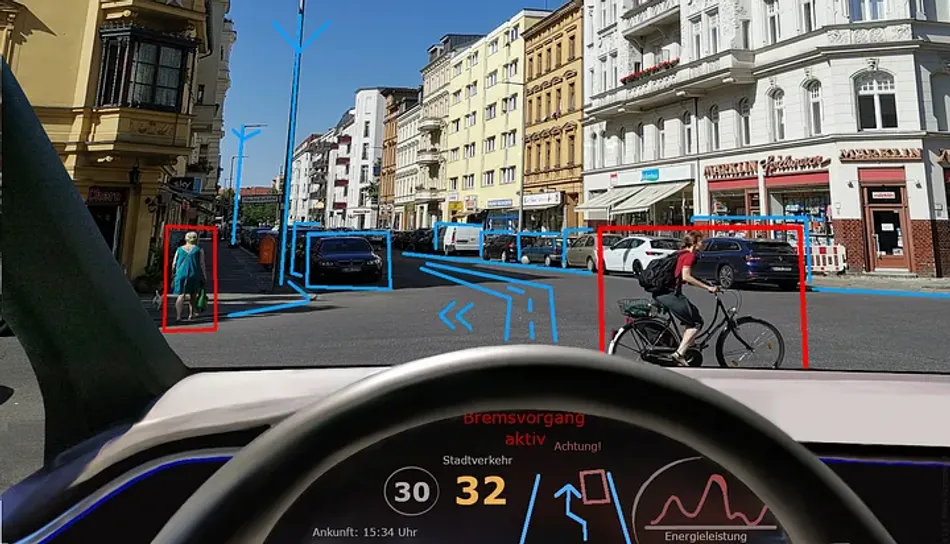
1. Advanced Technology and Autonomous Driving Capabilities
Advanced technology continues to be a cornerstone of the luxury vehicle purchasing decision for high-net-worth individuals. The data from the Forbes Research 2025 High Net Worth Survey clearly indicates a strong and growing preference for vehicles equipped with sophisticated driver-assistance systems and autonomous driving functionalities. A significant majority of HNWIs, 87% to be exact, expressed that they are more inclined to purchase a luxury vehicle if it offers these cutting-edge capabilities, representing a notable increase from 79% in the previous year.
This upward trend highlights a fundamental shift in what the wealthy expect from their high-end automobiles. It’s no longer just about raw power or opulent interiors; it’s also about convenience, safety, and the seamless integration of intelligent systems that enhance the driving experience. The desire for advanced driver-assistance systems suggests a demand for features that make long journeys more comfortable, navigating urban environments less stressful, and overall driving safer.
Autonomous driving capabilities, while still evolving, are clearly on the radar of luxury buyers. This interest isn’t necessarily about fully relinquishing control, but rather about the promise of a more relaxed commute, the ability to engage in other activities while in transit, or simply the prestige of owning a vehicle at the forefront of automotive innovation. For HNWIs, these technologies represent the pinnacle of modern engineering and a commitment to future-proof design, making them critical differentiators in a competitive market.
Manufacturers who can successfully integrate and reliably deliver these advanced technological features stand to gain a significant advantage. The data suggests that investing in research and development for superior driver-assistance and autonomous driving systems is not just an option, but a strategic imperative to capture and retain the attention of this demanding demographic. The expectation is clear: luxury vehicles must embody the very best of what technology has to offer.
Read more about: The Resurgent Roar: Unearthing Eight Forgotten Luxury Car Brands Poised for a Modern Comeback

2. Environmentally Friendly Features and Powertrains
The environmental consciousness of high-net-worth individuals is increasingly influencing their luxury vehicle purchases. The Forbes Research 2025 High Net Worth Survey found that a substantial 60% of HNWIs are significantly swayed by the availability of hybrid or electric engines when deciding to buy a luxury car. This demonstrates a growing alignment between personal wealth and a commitment to sustainability.
This trend reflects a broader societal shift towards environmental responsibility, which even the most affluent consumers are embracing. For luxury buyers, the decision to opt for an eco-friendly vehicle is likely multifaceted. It could be driven by a genuine concern for the planet, a desire to reduce their carbon footprint, or a recognition that sustainable choices are becoming a marker of modern sophistication and forward-thinking.
Moreover, the appeal of hybrid and electric powertrains extends beyond environmental benefits. These vehicles often offer superior performance characteristics, such as instant torque and a quieter driving experience, which can be highly attractive to luxury consumers. The perceived technological advancement of electric vehicles also aligns with the desire for cutting-edge innovation, positioning them as a premium choice that is both responsible and thrilling to drive.
Luxury automotive brands are therefore compelled to not only offer, but also prominently feature, their hybrid and electric vehicle options. It’s no longer enough to have a powerful engine; the engine must also be efficient and, ideally, emissions-free. This shift signals a long-term change in the luxury market, where environmental credentials are becoming as important as traditional markers of luxury, influencing design, marketing, and product development strategies.
Read more about: Smart Savings on Wheels: Unveiling the 10 Best Value Used Cars for Frugal Shoppers, Backed by Dealer Insights and Long-Term Records
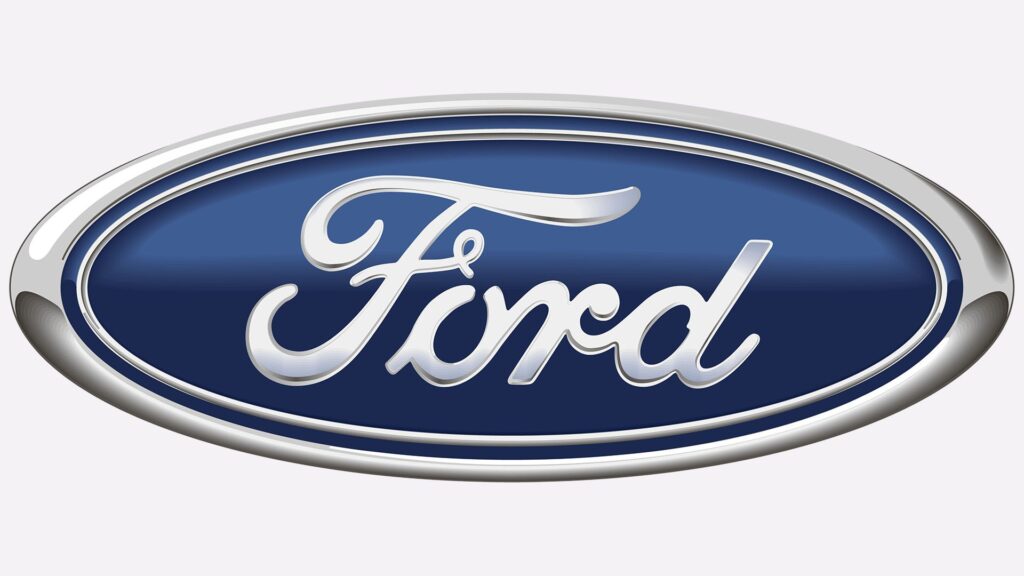
3. The Enduring Power of Brand Prestige
In the realm of luxury vehicles, brand prestige continues to reign supreme, often outweighing other critical factors. The Forbes Research 2025 High Net Worth Survey highlighted this unequivocally, with 76% of HNWIs prioritizing brand prestige over other decision-making factors, including technological innovation. This represents a sharp and significant increase from just 49% who held the same view in 2024, indicating a resurgence or strengthening of brand loyalty and recognition among the affluent.
This strong emphasis on brand prestige suggests that for many wealthy buyers, the marque on the hood is more than just a name; it’s a testament to heritage, craftsmanship, perceived reliability, and an established reputation for excellence. A prestigious brand carries with it an intrinsic value, a story, and a promise of a certain level of quality and experience that transcends mere features or specifications. It’s an affirmation of taste and discernment.
The increase in this prioritization from the previous year is particularly telling. While technological advancements are highly desired, the foundation of trust and aspiration built by long-standing, reputable luxury brands remains incredibly powerful. This doesn’t mean technology is ignored, but rather that it’s often expected *within* the framework of a prestigious brand. Buyers want innovation, but they want it from a name they inherently trust and admire.
For luxury OEMs, this finding reinforces the immense value of nurturing and leveraging their brand identity. Marketing efforts should consistently reinforce the unique legacy, values, and timeless appeal associated with their nameplates. In a market where new players and technologies emerge constantly, the established power of brand prestige serves as a powerful anchor, influencing consumer confidence and guiding purchasing decisions in a profound way.
Read more about: The 11 Worst Depreciating Sedans: What Resale Charts Reveal for Savvy Investors
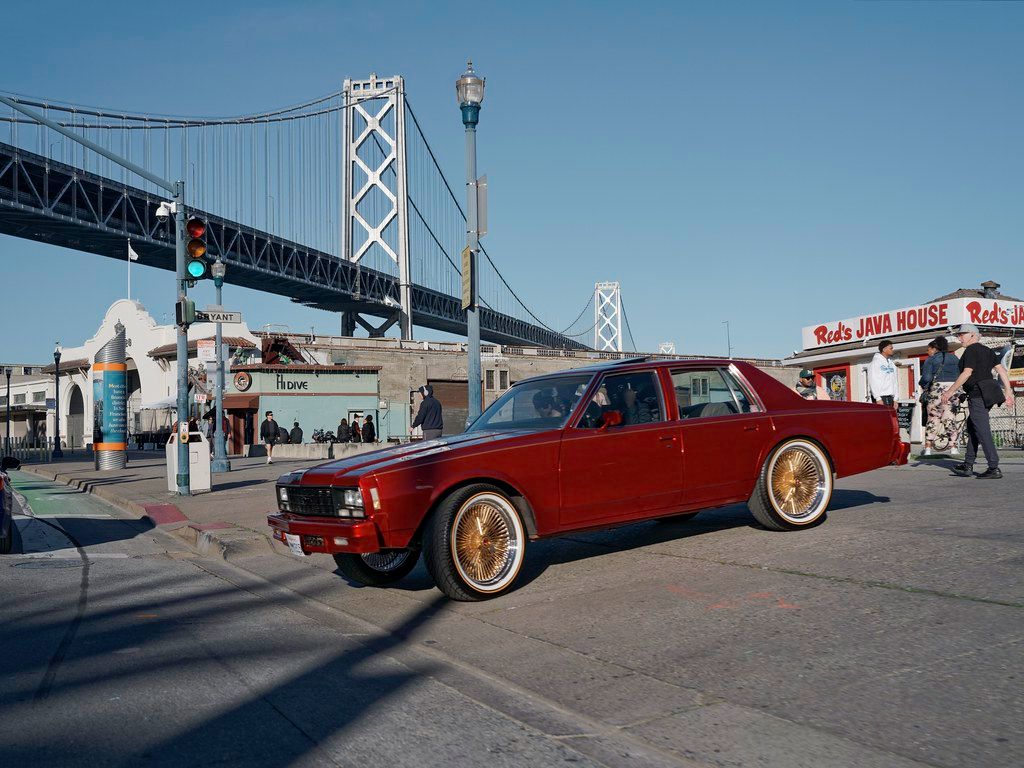
4. Preference for Traditional Craftsmanship and Materials in Interiors
While technology and innovation capture significant attention, the interior of a luxury vehicle remains a sanctuary where traditional values hold strong. According to the Forbes Research 2025 High Net Worth Survey, the wealthy are decisively leaning towards interiors that showcase tried and true craftsmanship and materials. The percentage of HNWIs who prefer traditional craftsmanship and materials, such as hand-stitched leather and wood trim, over modern, minimalist designs, has risen from 54% last year to an impressive 62% this year.
This sustained and growing preference underscores a desire for tangibility, warmth, and a sense of enduring quality within the cabin. In an increasingly digital world, the tactile experience of genuine, meticulously crafted materials provides a contrast and a feeling of authentic luxury. Hand-stitched leather speaks to human artistry and attention to detail, while fine wood trim evokes classic elegance and natural beauty.
Modern minimalist designs, while sleek, can sometimes feel cold or impersonal to a luxury buyer who associates true opulence with richness of texture and a sense of bespoke creation. The choice of traditional materials reflects a connoisseur’s appreciation for artisan skill and a preference for timeless aesthetics over fleeting trends. It’s about investing in an interior that feels substantial, luxurious, and uniquely tailored.
For automotive designers, this data provides clear guidance: while incorporating modern conveniences, the core essence of the luxury interior should continue to celebrate and elevate traditional materials and craftsmanship. The interplay between high-tech features and sumptuous, handcrafted finishes will be key to creating environments that resonate deeply with the affluent buyer, ensuring their vehicle’s interior is both sophisticated and inviting.
Read more about: The 8 Most High-Tech Luxury Cars in the Market Right Now: What Tech Blogs and Feature Lists Reveal for Gadget Enthusiasts.

5. The Pursuit of Perfection in Quality and Durability
When delving into the overarching desires for luxury goods, the concept of ‘perfection’ emerged as the most frequently mentioned aspiration among survey respondents. While this term might connote an abstract, flawless state, HNWIs specifically clarified that it refers to the exceptionally high quality of a product’s physical characteristics and its inherent durability. This insight from the survey highlights a fundamental expectation that underpins all luxury purchases, including vehicles.
For the affluent, a luxury car is not merely a mode of transport; it is an investment in unparalleled engineering and meticulous construction. The expectation of perfection means that every panel gap, every seam, every surface finish must be executed with an uncompromising standard. There is zero tolerance for imperfections, as these are seen as antithetical to the very definition of luxury. The physical characteristics must be flawless, reflecting an absolute dedication to superior manufacturing processes.
Beyond initial aesthetics, durability is an equally critical component of this pursuit of perfection. Luxury car buyers expect their vehicles to withstand the test of time, performing flawlessly and maintaining their pristine condition for many years. This isn’t just about longevity; it’s about the confidence that the quality invested in the vehicle will endure, minimizing the need for repairs and preserving the vehicle’s integrity over its lifespan. It speaks to a desire for reliability commensurate with the premium price point.
This unwavering demand for high quality and durability serves as a benchmark for luxury automotive manufacturers. It dictates that every material, every component, and every assembly process must meet the highest possible standards. Brands that consistently deliver on this promise of perfection in both physical quality and robust durability will solidify their reputation and continue to attract the most discerning and demanding clientele.
Read more about: The Quest for Calm: Unveiling the Top 15 Quietest Midsize SUVs of 2024 for a Serene Drive
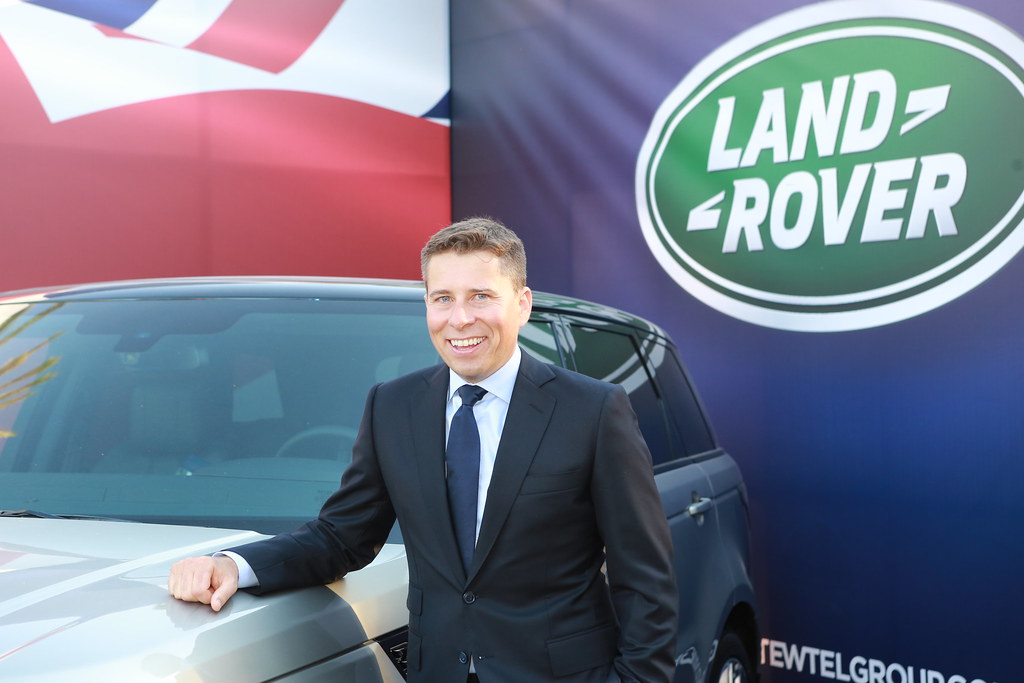
6. The Critical Importance of Brand Heritage
Closely following the pursuit of perfection, the concept of ‘heritage’ was ranked as a critically important attribute by luxury goods consumers. Defined as a brand’s distinctive and timeless perception, heritage underscores the profound value placed on a company’s history and its ability to design products that possess enduring appeal, standing the test of time for generations. This finding deeply influences the luxury automotive market.
For wealthy car buyers, especially those with an appreciation for vintage luxury items, a brand’s heritage is not just a marketing story; it is a tangible asset. It speaks to decades, or even centuries, of innovation, design philosophy, and a continuous commitment to excellence. This rich history provides a sense of authenticity and an emotional connection that newer brands often struggle to replicate. It’s the assurance that a brand has proven its worth over time, creating a legacy of iconic vehicles and loyal patrons.
Companies that understand this dynamic prioritize the preservation of their brand’s image, often celebrating their past successes and iconic models. This doesn’t mean being stuck in the past, but rather using heritage as a foundation for future innovation. New designs and technologies are often integrated in a way that respects and draws inspiration from the brand’s established aesthetic and engineering principles, ensuring continuity and a timeless quality.
Ultimately, a strong heritage offers a unique selling proposition in a crowded market. It reassures buyers that they are not just purchasing a vehicle, but becoming part of a storied tradition, owning a piece of automotive history that is destined to be cherished. Brands that effectively communicate and leverage their distinctive heritage will continue to captivate discerning buyers who value history and timeless design.
Read more about: From the Digital Abyss: Unpacking the Resurgence of Once-Unstreamable Films on Today’s Unexpected Platforms

7. The Desirability of Exclusivity
Among the various attributes that define luxury for high-net-worth individuals, exclusivity consistently ranks high in importance. The survey insights confirm that for affluent consumers, owning something rare, unique, or not readily accessible to the general public adds a significant layer of desirability to their luxury vehicle purchase. This isn’t merely about showing off, but about a genuine appreciation for distinctiveness and a sense of belonging to an elite group of owners.
Exclusivity in the automotive world can manifest in several ways. It might involve limited production runs of specific models, access to bespoke customization programs that allow for truly unique configurations, or perhaps the prestige associated with a brand that maintains a deliberately small output. The fewer units produced, or the more unique the configuration, the greater the sense of exclusivity, which appeals strongly to this demographic.
For luxury car owners, exclusivity often translates into a personal statement, a reflection of their unique taste and status. It ensures that their vehicle stands apart from the common, mass-produced cars on the road. This desire for differentiation means that brands offering bespoke services, unique material choices, or restricted access to certain models are more likely to capture the imagination and investment of the wealthy.
Therefore, luxury automotive manufacturers must carefully manage their production volumes and foster an aura of scarcity around their most premium offerings. Strategies that emphasize limited availability, personalized commissioning processes, and a curated ownership experience are crucial. By doing so, they reinforce the perception that their vehicles are not just products, but highly coveted possessions reserved for a select few, thus fulfilling a core desire for exclusivity among HNWIs.
Beyond the foundational attributes and esteemed legacies, the discerning luxury automotive buyer is increasingly focused on the experiential, financial, and broader market dynamics that define their acquisition and ownership journey. As the market matures and consumer values evolve, personalization, investment potential, and an understanding of diverse buyer motivations become just as critical as the car’s inherent qualities. We now turn our attention to these crucial aspects, revealing how they shape the modern luxury vehicle landscape.
Read more about: The Enduring Legacy: Unpacking the Allure of the 1957 Chevrolet Bel Air Custom Convertible

8. The Power of Personalization and Bespoke Customization
While exclusivity in terms of limited production runs remains a significant draw, the true apex of luxury for many high-net-worth individuals lies in personalization. The Forbes Research 2025 High Net Worth Survey emphasized that the ability to customize features—referred to as personalization—ranked high in importance for affluent consumers. This goes beyond selecting from a predefined options list; it speaks to the desire for a vehicle that is a unique extension of one’s personal style and preferences, crafted to individual specifications.
Personalization in the luxury automotive sector often manifests as bespoke customization programs. These allow buyers to delve into an extensive array of unique configurations, from selecting rare interior leathers and exotic wood veneers to specific paint finishes and even performance tunings. Such services transform a vehicle purchase from a transaction into a collaborative design process, fostering a deeper connection between the owner and their machine, making it a truly one-of-a-kind possession.
For luxury brands, offering comprehensive bespoke services is not merely an added feature; it is a strategic imperative. It reinforces the perception that the brand understands and caters to the unique tastes of its elite clientele. By providing exclusive material choices and personalized commissioning processes, manufacturers fulfill the inherent desire for distinctiveness, ensuring that each luxury vehicle is not just acquired, but meticulously tailored to its owner.
Read more about: Inside the Garage: Unveiling 9 Legendary Tuning Houses That Redefine Automotive Platforms

9. Overall Sustainability as a Core Luxury Attribute
Building upon the preference for environmentally friendly powertrains, the broader concept of sustainability has emerged as a paramount attribute in luxury goods, including vehicles. The survey insights underscore this, revealing that sustainability has significantly increased in importance, ranking as the sixth-most-important attribute overall for luxury consumers. This indicates a holistic consideration that extends beyond just the engine type to encompass the entire product lifecycle and brand ethos.
For innovation seekers, a key demographic among luxury car buyers, sustainability is among their top three priorities, alongside vehicle design and connectivity. This highlights a shift where modern luxury is not solely about opulence but also about responsible consumption and a forward-thinking approach to environmental stewardship. Affluent buyers are increasingly evaluating brands based on their commitment to sustainable practices throughout their operations, from sourcing materials to manufacturing processes.
Luxury automotive brands are therefore challenged to integrate sustainability into their core identity, moving beyond token gestures. This involves transparent supply chains, ethical material sourcing, and energy-efficient production. A brand’s authentic commitment to sustainability resonates deeply with the values of today’s informed luxury buyer, positioning their vehicles not just as symbols of success, but as embodiments of a conscious and responsible lifestyle.
Read more about: The 11 Worst Depreciating Sedans: What Resale Charts Reveal for Savvy Investors

10. The Undeniable Allure of Investment Value
While the sheer joy of driving remains a primary motivator, an often-underestimated aspect for luxury vehicle buyers is the expectation of investment value. The survey highlighted that luxury car buyers anticipate their vehicles will either retain or even appreciate in value over time, viewing this as an inherent characteristic of any high-end product. This financial consideration plays a crucial role in the purchasing calculus of the affluent.
Data from the survey explicitly noted that 32% of respondents cited investment potential as a key purchase driver, with an additional 16% driven by the desire to collect. This trend is particularly pronounced among younger demographics, as respondents under age 45 were more likely to prioritize these financial dimensions. This suggests a generational shift where luxury cars are increasingly seen as tangible assets that can diversify a portfolio or hold their worth in volatile markets.
However, maintaining the residual value of modern luxury cars presents a unique challenge, primarily due to the rapid advancement of vehicle technology. To address this, luxury automotive OEMs must develop proactive strategies that enhance residual value. This could include offering limited editions, strong after-sales support, robust certification programs for pre-owned vehicles, and fostering brand communities that maintain the desirability and collectible status of their models over time.
Read more about: Decoding the Billions: A Mental Floss Guide to the World’s Richest in 2025
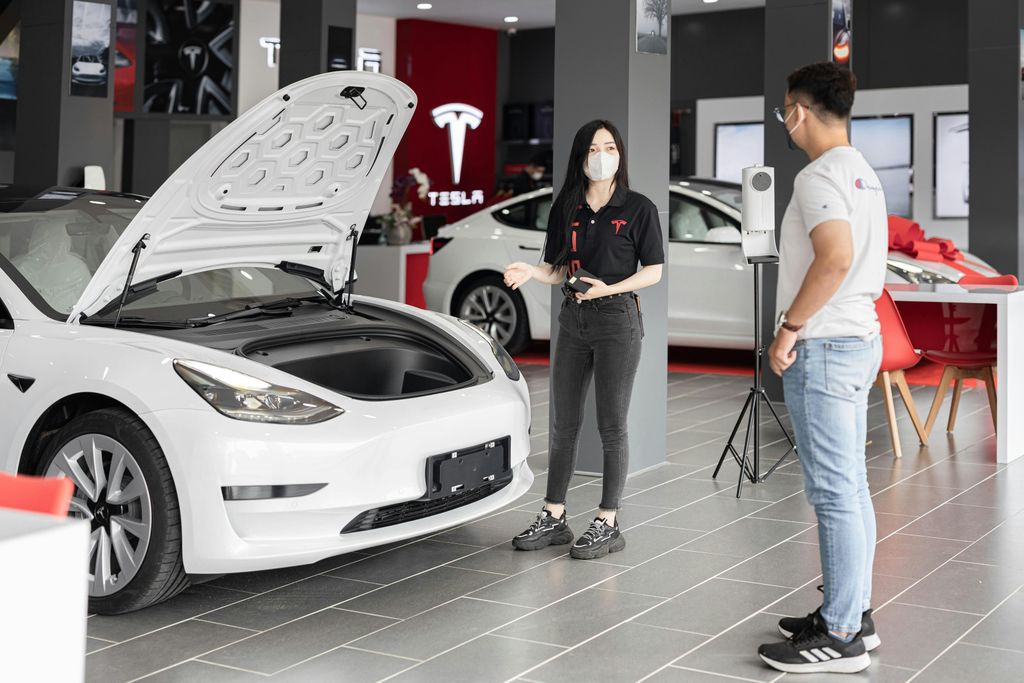
11. Understanding the Diverse Landscape of Buyer Segmentation
The luxury automotive market is far from monolithic; it is a rich tapestry of diverse motivations and preferences. Recognizing this, the survey identified four distinct buyer personas: collectors/connoisseurs, innovation seekers, performance enthusiasts, and personal-status buyers. Each of these segments approaches the luxury car purchase with a unique set of needs, influencing everything from research habits to brand loyalty.
A highly detailed customer segmentation is thus critical for manufacturers to effectively connect with their target audience. Beyond traditional socio-demographic data such as age, gender, and income, this comprehensive approach incorporates personal preferences, specific purchase motivations, and desired features. For instance, innovation seekers prioritize vehicle design, connectivity, and sustainability, while personal-status buyers focus on brand exclusivity, design, and performance, as detailed in Exhibit 3 of the research.
Brands that systematically capture and emphasize these nuanced preferences in their customer interactions are significantly more likely to resonate with their target buyers. By tailoring their marketing messages, product development, and customer service strategies to these distinct personas, luxury OEMs can foster stronger engagement and drive more successful sales outcomes, ensuring their offerings precisely meet the sophisticated demands of each segment.
Read more about: Decoding America’s Automotive Stratification: An In-Depth Look at Vehicle Classifications
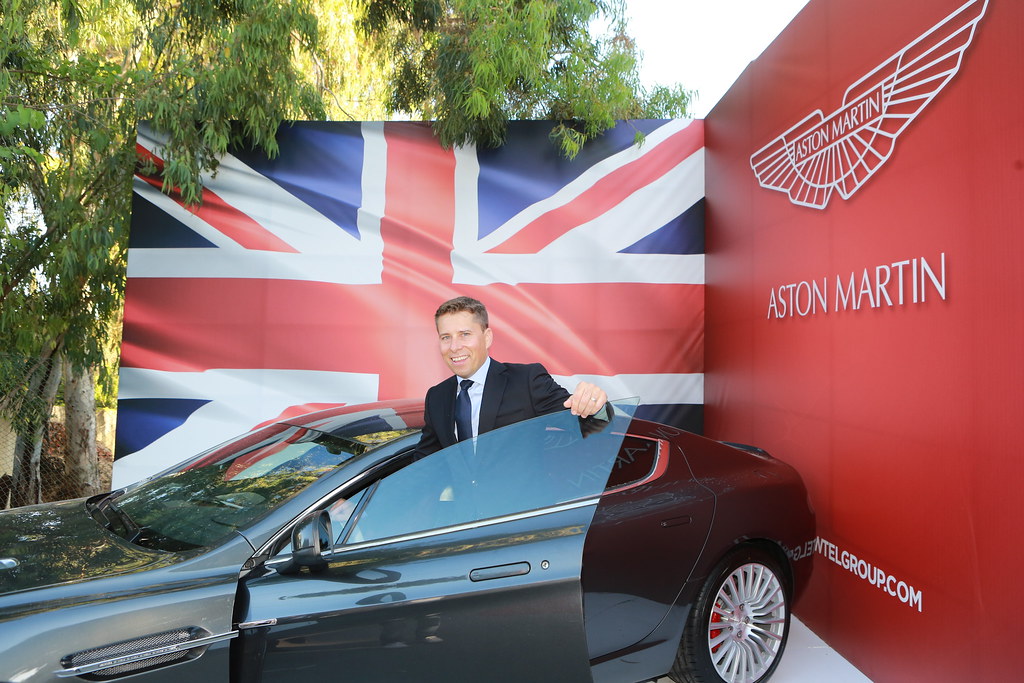
12. The Evolving Dynamics of Brand Loyalty
In a rapidly shifting market, the notion that luxury brands can simply rest on their established reputations is quickly becoming outdated. The survey revealed a dynamic and competitive environment where brand loyalty is far from guaranteed. Only 37% of luxury-car buyers were identified as brand loyalists, indicating a predisposition to make repeat purchases from the same marque. This signals a significant opportunity for market disruption and shifts in consumer allegiance.
Conversely, a substantial portion of the market is open to change, with 35% of respondents stating they would consider switching brands, and an additional 28% indicating they were likely or very likely to do so. This means that a combined 63% of luxury buyers are potential candidates for exploring new offerings. This fluidity highlights that even heritage brands must consistently innovate and exceed expectations to retain their existing customer base.
New entrants with compelling propositions are well-positioned to gain market share from incumbent players who fail to adapt. Notably, innovation seekers are the most prone to investigating new brands, demonstrating their openness to explore cutting-edge technologies and designs regardless of the manufacturer. In contrast, collectors/connoisseurs exhibit the highest loyalty, valuing the established history and craftsmanship associated with traditional marques. This segmentation is vital for brands strategizing retention and acquisition efforts.
Read more about: $20,000 Difference: 12 Luxury Cars Primed for Massive Price Drops in 2025
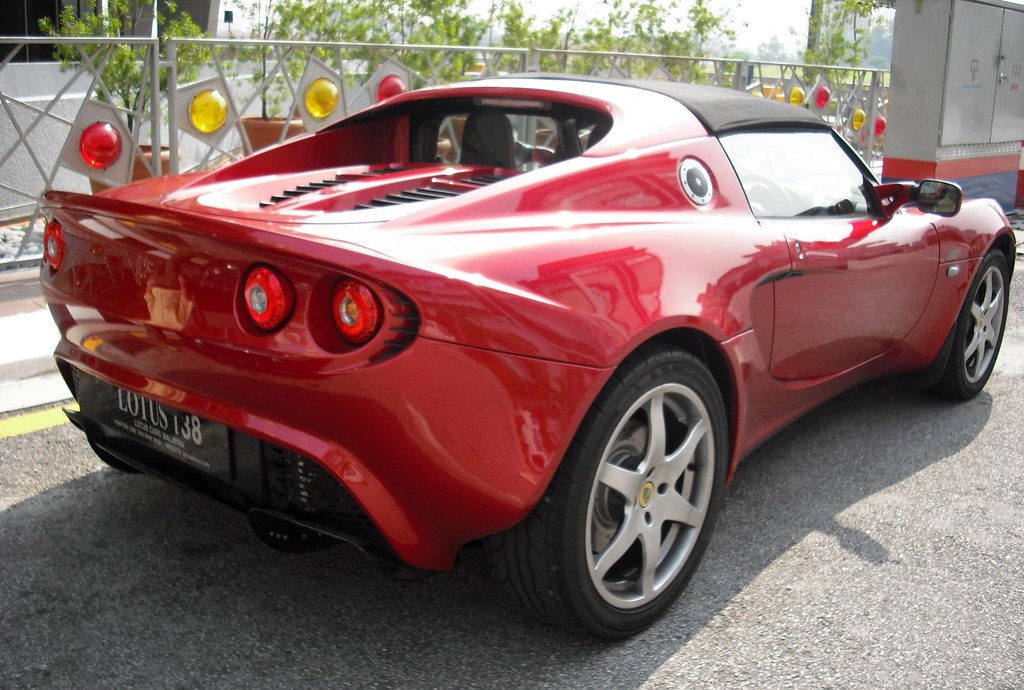
13. The Global Ambitions of Chinese Luxury Brands
Historically, European brands have dominated the global luxury automotive market, benefiting from their long-standing reputations and established distribution networks. However, the landscape is now experiencing a potential shift, with Chinese luxury brands beginning to explore global niches. Despite this ambition, the survey reveals a significant hurdle: 71% of respondents expressed that they were unlikely or very unlikely to consider a Chinese vehicle for their next luxury purchase.
This reluctance underscores the challenges newer brands face in building trust, credibility, and brand perception against centuries of European automotive heritage. Yet, the data also offers a glimmer of opportunity. The willingness to consider a Chinese luxury car was notably higher among innovation seekers, with 46% open to the idea. This suggests that the paradigm shift toward new technologies—particularly electrification, autonomous driving, and advanced connectivity—could be a critical differentiator.
For Chinese OEMs seeking global market share, success will hinge on leveraging technological superiority and offering compelling, cutting-edge features that can challenge established competitive dynamics. Rather than competing solely on heritage, these brands must champion innovation, demonstrate exceptional quality, and cultivate a distinct modern luxury identity that appeals to segments like innovation seekers who prioritize technological advancement over traditional brand legacy. This strategic pivot could carve out a pathway for their global acceptance.
Read more about: Yuki Tsunoda Ignites History: Piloting Honda’s F1 Pioneer, The RA272, in a 60th Anniversary Spectacle at the Mexican Grand Prix
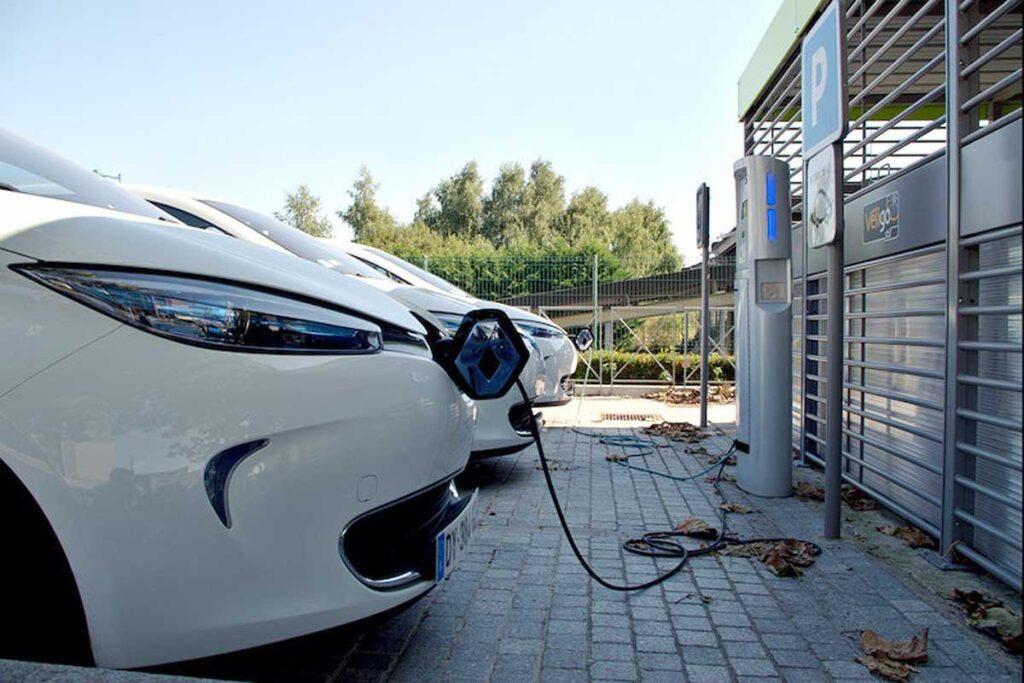
14. Navigating the Electric Vehicle (EV) Transition in Luxury
The automotive industry is undeniably pivoting towards electrification, and the luxury segment is no exception. The survey explored the nuances of this transition, revealing that approximately 20% of respondents would consider purchasing a luxury battery electric vehicle (BEV) in the near term, with a similar percentage open to luxury hybrids. This indicates a substantial, albeit not universal, appetite for electric powertrains within the affluent demographic.
Geographical variations highlight different rates of adoption and openness. Openness toward luxury EVs is most pronounced in Asia, where roughly 50% of HNWIs expressed interest in either BEVs or hybrids combined. This compares to 36% in the Europe, Middle East, and Africa (EMEA) region and 33% in the Americas. These regional differences suggest that market strategies for luxury EVs must be finely tuned to local preferences and infrastructure developments.
Despite the growing interest, the transition is not absolute. A significant portion of respondents still anticipates purchasing at least one more vehicle fitted with an internal combustion engine (ICE), and 19% unequivocally stated they would never buy an EV. This mixed sentiment underscores the ongoing importance of offering a diverse range of powertrain options, ensuring luxury manufacturers cater to both early adopters of electric technology and those who remain loyal to traditional ICE vehicles. The future of luxury automotive will likely involve a coexistence of propulsion systems, at least for the foreseeable future.
Read more about: Marelli Holdings Co.: Auto Parts Giant Files for Chapter 11 Amid Billions in Debt and Industry Upheaval
As the luxury automotive market continues its dynamic evolution, manufacturers face a complex array of demands that stretch beyond mere engineering excellence and opulent interiors. The modern affluent buyer is a sophisticated individual, seeking a vehicle that not only performs flawlessly and embodies brand prestige but also reflects their personal values, offers a sound investment, and caters to their unique persona. From bespoke personalization to the nuanced embrace of sustainable and electric technologies, understanding these multifaceted desires is key. The future success of luxury automotive brands hinges on their ability to adapt, innovate, and connect with their discerning clientele on every level of this intricate purchasing and ownership journey, ensuring that every drive is not just a journey, but an experience tailored to perfection.

